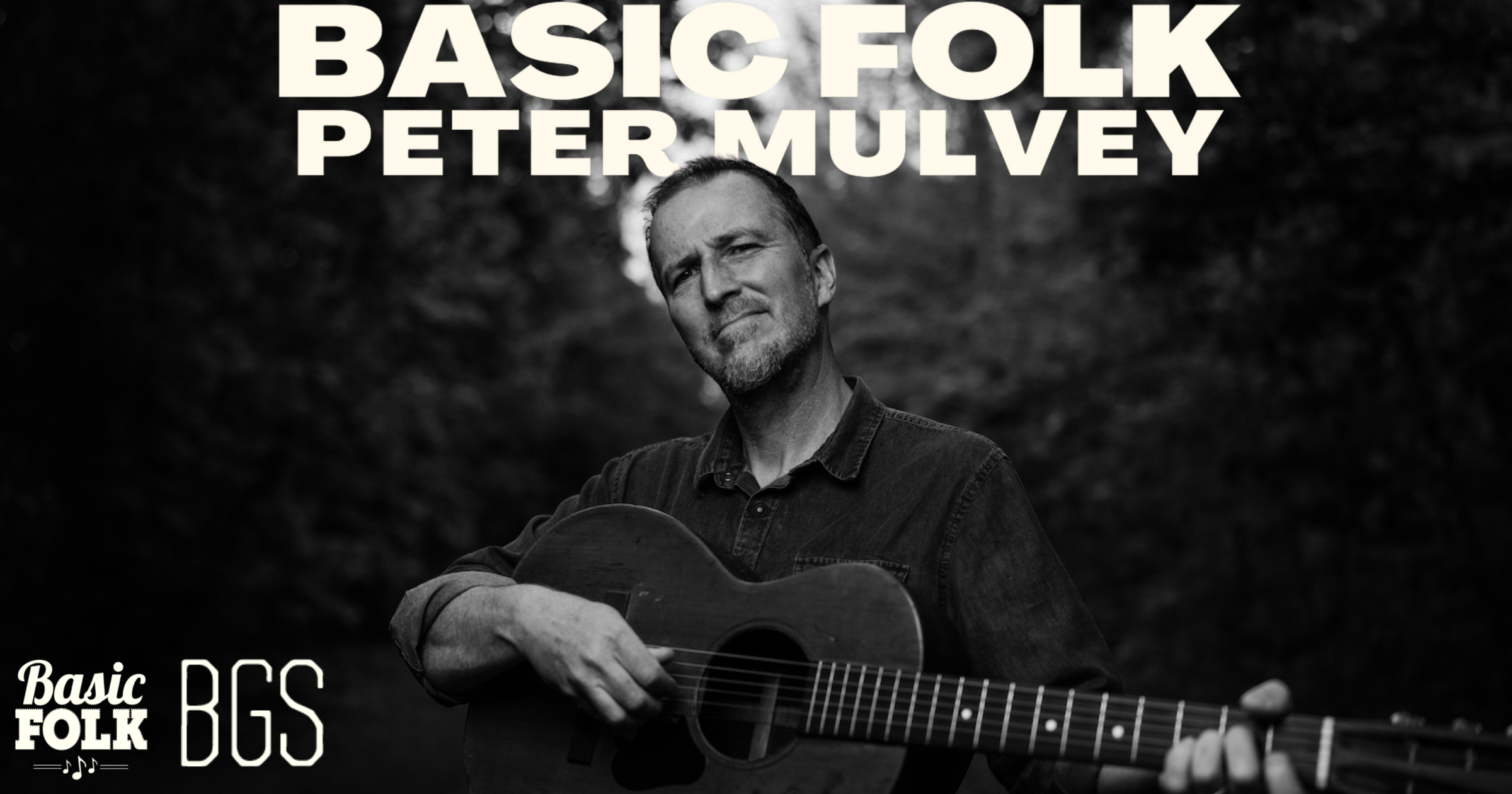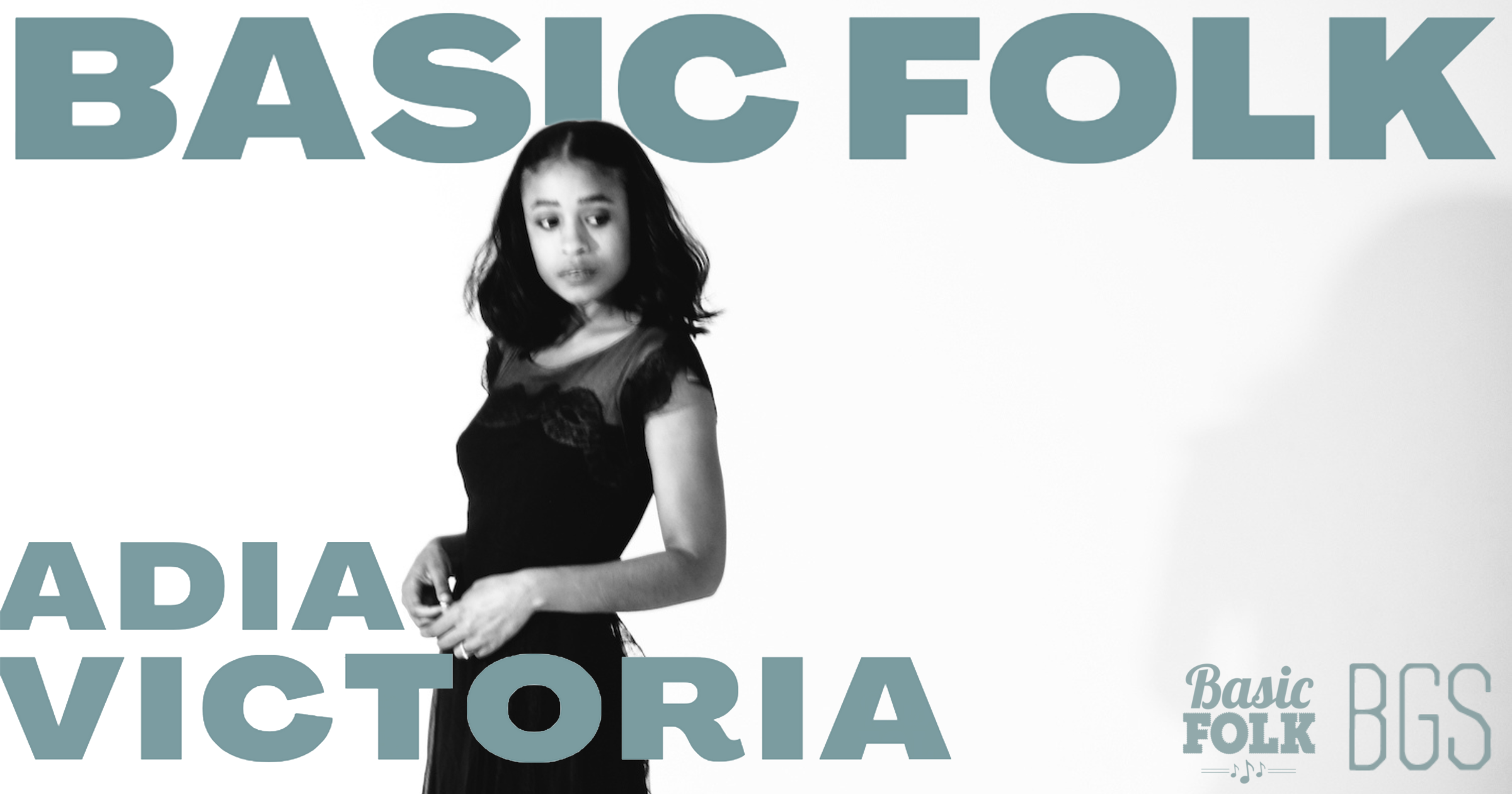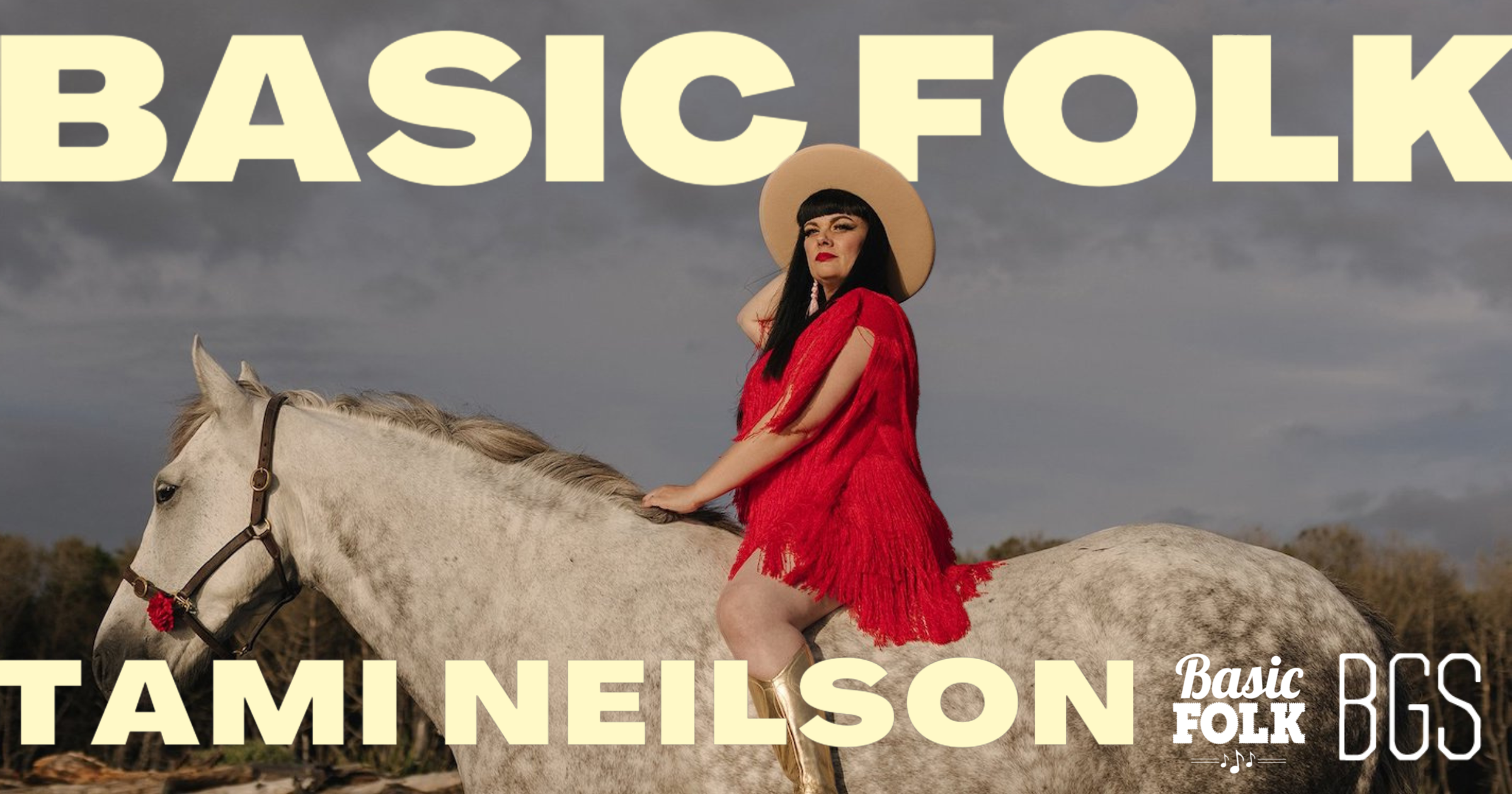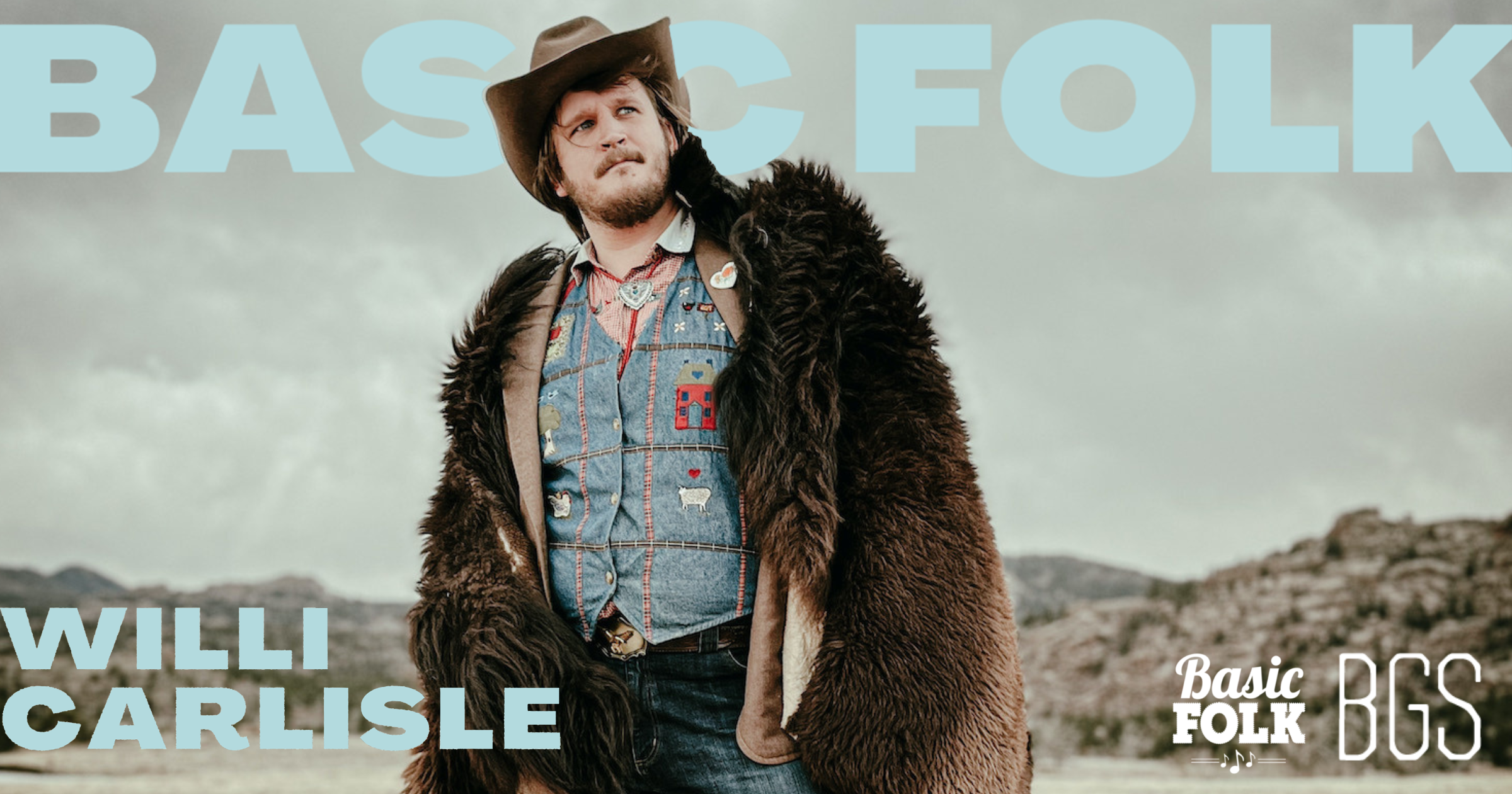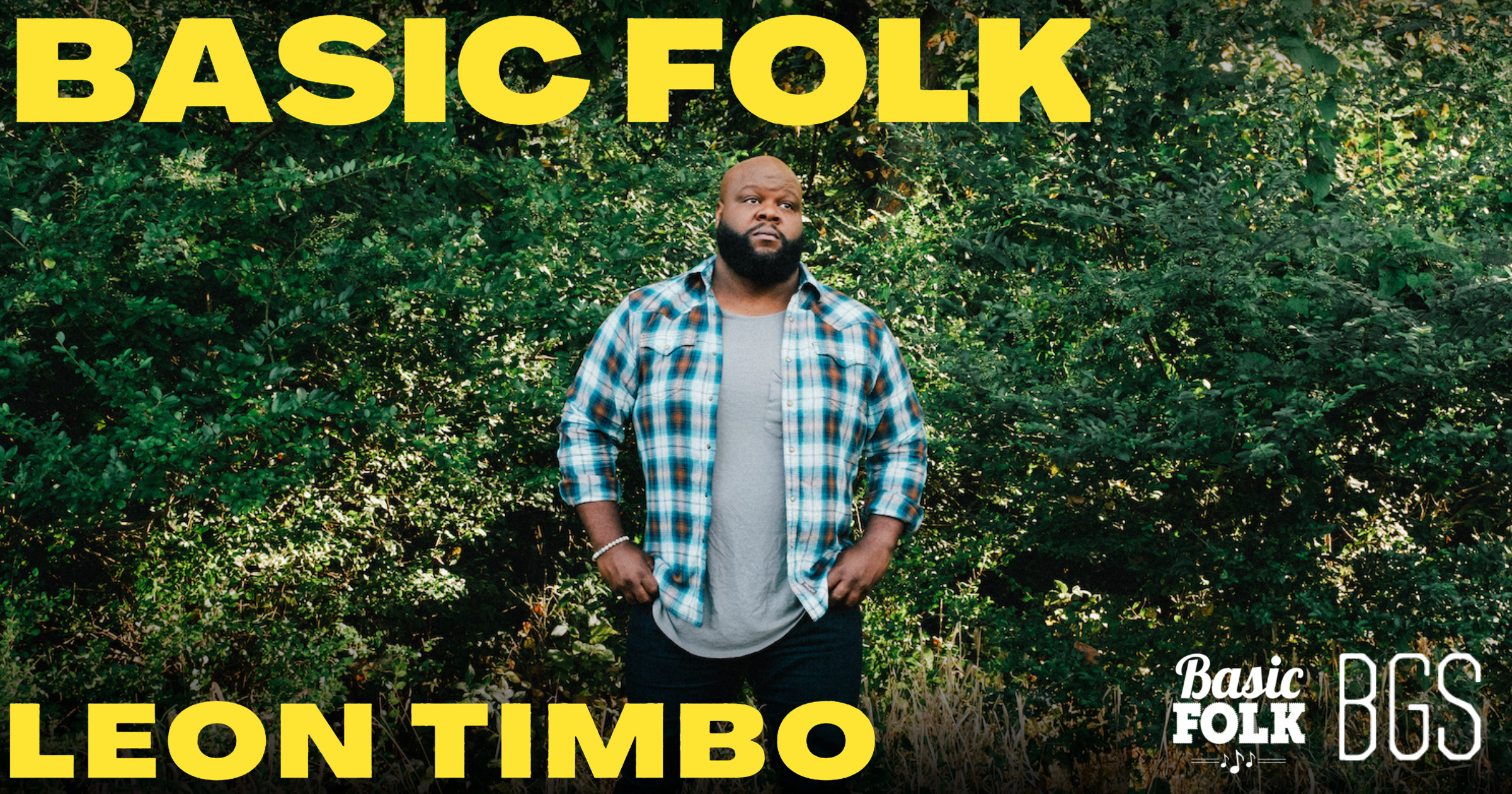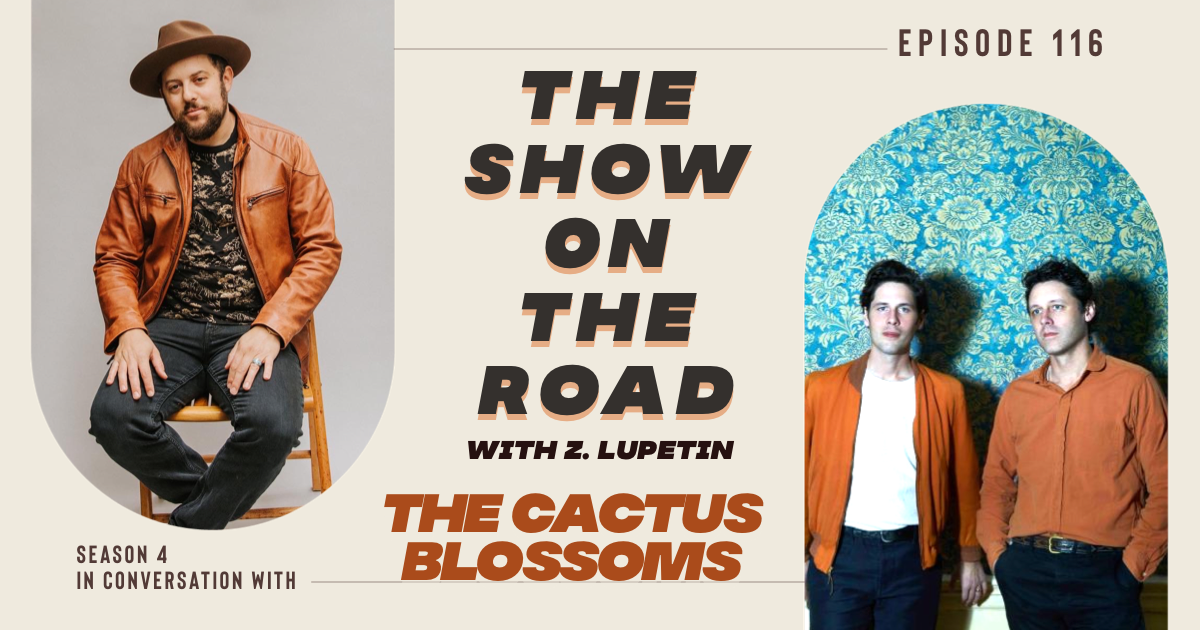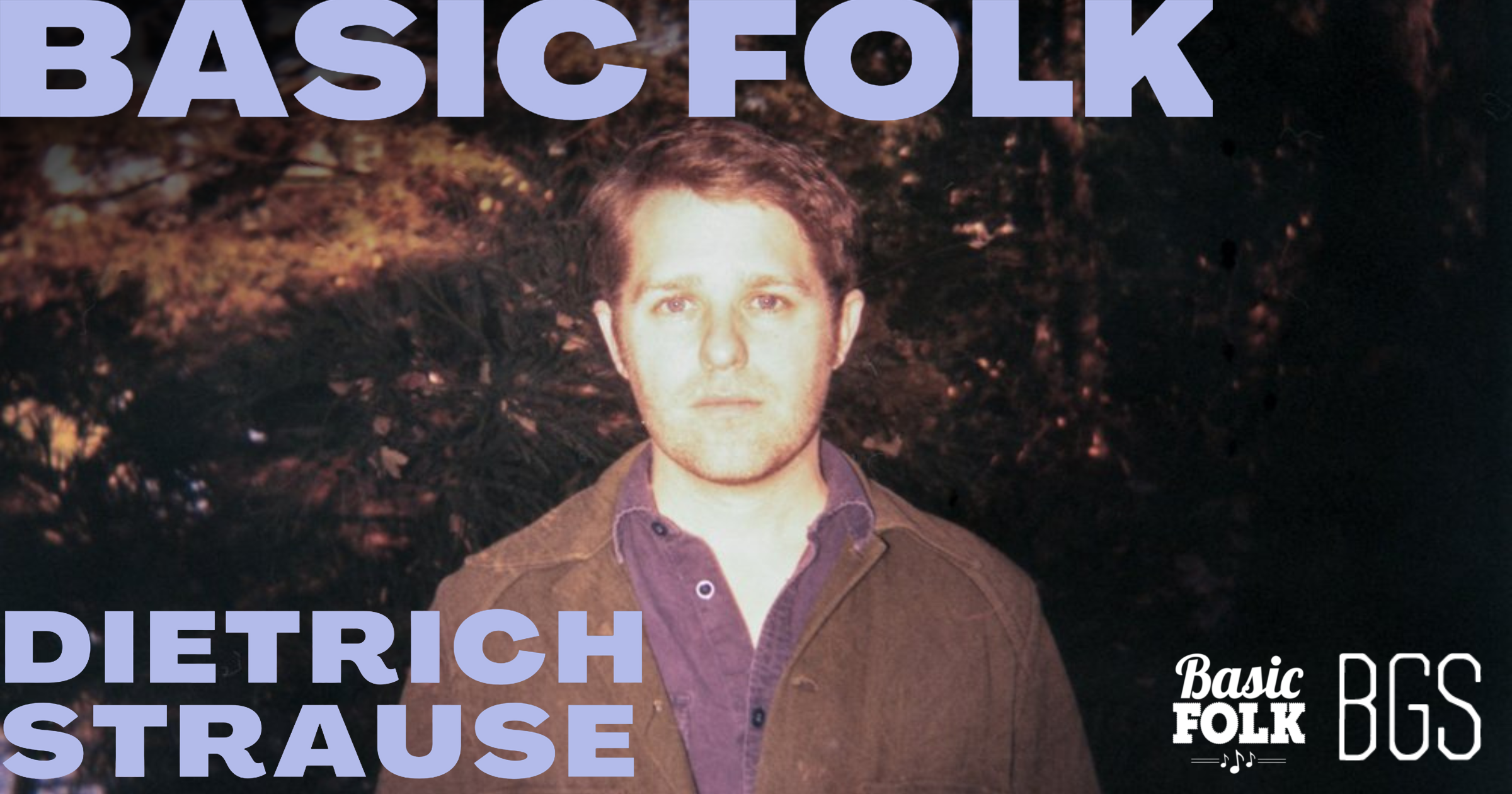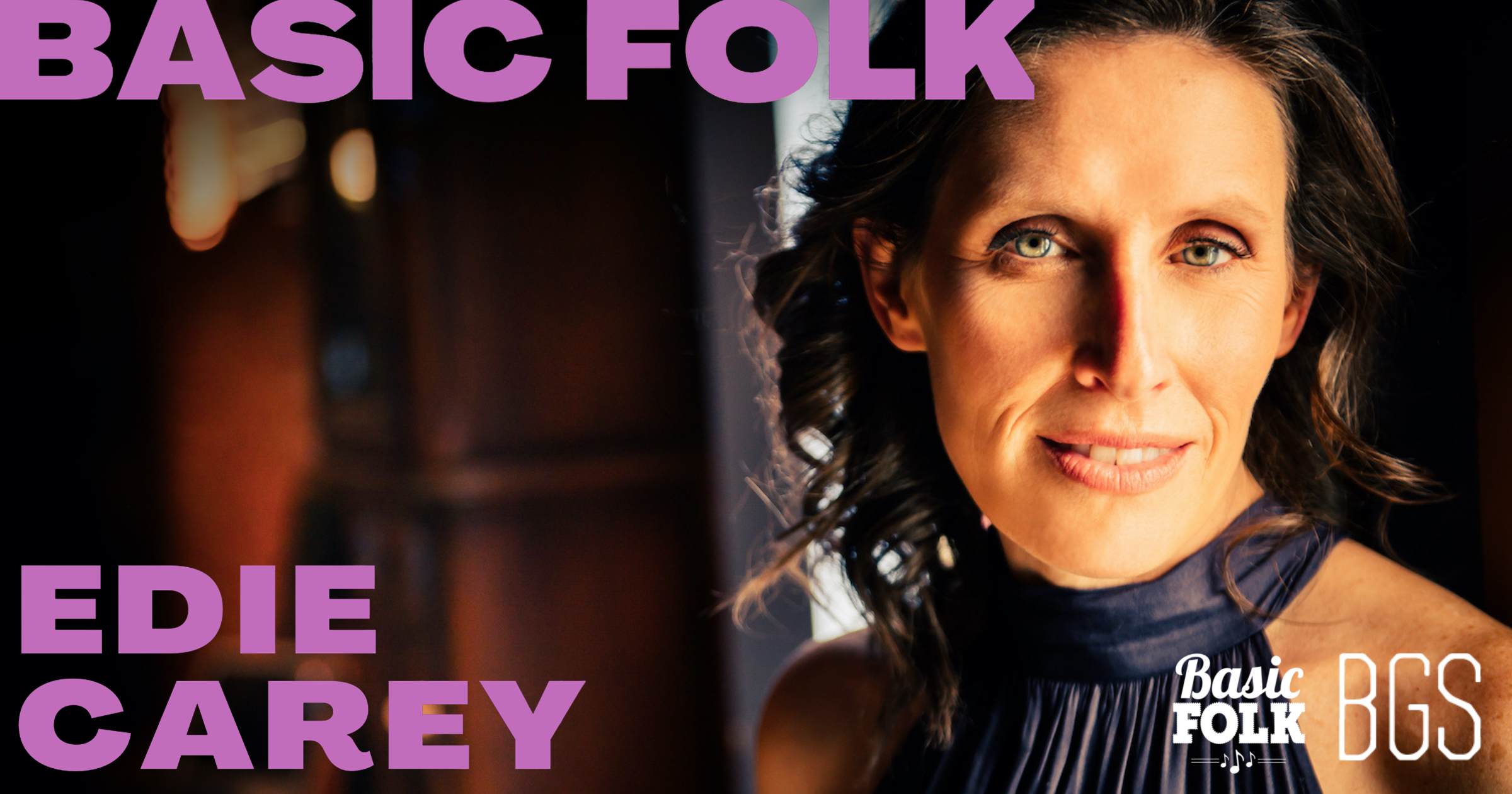Milwaukee-born Peter Mulvey has, along with classical duo SistaStrings, made an anti-fascist record. According to Peter, “to make an anti–fascist record, you must keep kindness and compassion in the foreground.” Love is the Only Thing goes from family, to politics, to family, to racism and back to family. It’s as optimistic and introspective as it is filled with “running out of a burning building” type of songs. All the while, Peter is joined by powerful, thoughtful and extremely talented musicians in Monique and Chauntee Ross.
Lots has happened in Peter’s life since his last album. He originated himself in New England, fell in love and got married, a pandemic, and he’s become a father. All these eek their way into the songs on the new album. Particularly poignant is his co-write with his partner, the song about their possible future as parents (good luck not crying to all the parents out there!) Don’t worry if you didn’t catch all the Buddhist references, we talk about each one in finite detail. Enjoy!
Photo Credit: Joe Navas
